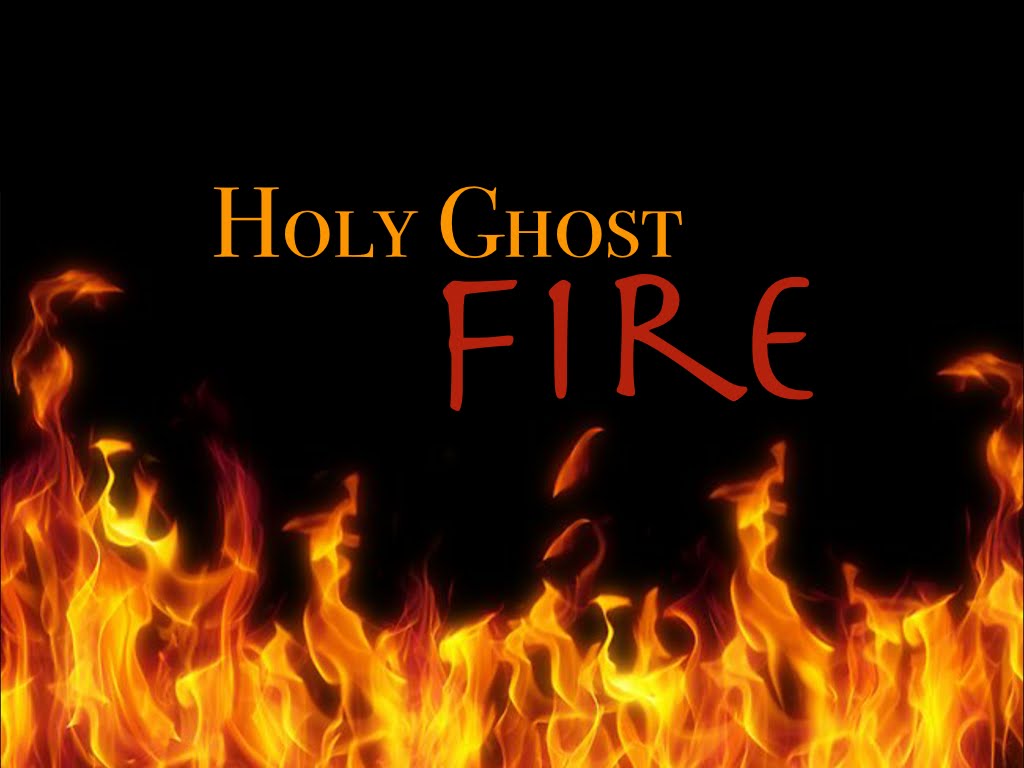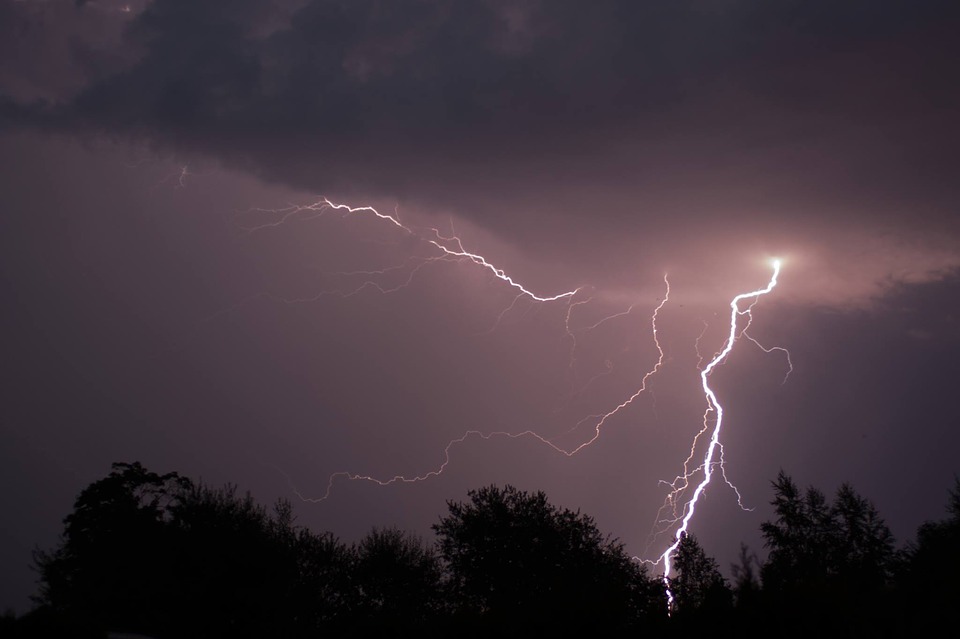 Recently, a friend made a Facebook post that links our – African in general and Nigerian in particular – crave for extravagant religious manifestations to our world-view. And though I have always believed that every religious view is informed by the sociocultural background of the people, I have never had much reason to see them in the day-to-day practice of religion. But since that post, I have not stopped seeing that relationship in most of our daily religious activities.
Recently, a friend made a Facebook post that links our – African in general and Nigerian in particular – crave for extravagant religious manifestations to our world-view. And though I have always believed that every religious view is informed by the sociocultural background of the people, I have never had much reason to see them in the day-to-day practice of religion. But since that post, I have not stopped seeing that relationship in most of our daily religious activities.
Let me state, ab initio, that though what I am going to state here might be a personal opinion, it is far from being either biased or emotional. It will be to some extent scientifically – and here I mean experientially and not experimentally – verifiable. And also, that I am also a product of what I am questioning here. I am going to concentrate my discussion on only one aspect today.
Have you wondered why the Catholic Charismatic Renewal members in Nigeria, for example – and I have been in the movement since I was 15 years old – and most of these Pentecostals use the expressions like ‘Holy-Ghost Thunder’, ‘Holy-Ghost Fire’, Holy-Ghost Chain, etc., during prayer? Has it always been in our prayer jargon? Do we have such practices among other societies as it can be observed among (African) tribes? Has it ever crossed your mind to ask what makes believers find joy in the invocation of thunder and lightning?
I have joined Charismatic fellowship in different countries, both in and outside Africa and I discovered that Nigerian Pentecostalism is hilariously particular, not just to say queer. The dance, the trance, the shouting, etc., are all amazingly the only true manifestations of the Holy-Spirit. I don’t want to discredit them, as I have succeeded severally to bring people to that ecstatic state during prayer sessions. I have also severally experienced that frenetic ecstasy that sends you rolling like a ball during prayer sessions. But as an evangelical minister – and those who know will understand what I mean – I have always questioned everything, even my own personal religious experienced. But that is not my point here.
Most of those who grew up in the South-East, South-South and the South-West would remember well how in their childhood, certain parents threatened their kids with thunder and lightning. Among the Igbo, for example, you have such expressions like ‘nkitipko gbawasa gi onu!’ – which could be loosely translated to ‘let thunder strike your mouth!’ Of course, they do not mean it literarily, but it is a manifestation of a certain religious belief. It is a way of bringing the child to grasp the gravity of what he or she must have done.
So, what is the relationship between what certain Charismatic movements do today and the way certain parents instil fear in their young adults? A look at a work called The Great Mythology of the World might answer this question. The Great Mythology of the World is a part of Great Courses, which are audio courses delivered by some selected international professors. In the Great Mythology of the World, the authors analyze with rigor the roles of world myths in the construction of the modern society. The course covers vast fields of mythological studies ranging from the Greek, Egyptians, Roman, Asian, Arabic, African, Native American, Australian, etc., mythologies and legends. And among the African mythologies covered is the mythology of the Yoruba lightning and thunder god – Shango. The equivalent god in Igbo mythology is Amadioha who is also a god of thunder and lightning.
 Among the Yoruba and the Igbo, the highest omen to befall a person is to be struck by the thunder. It is believed even among core Christians today that no one dies of thunder by accident. And among the things most dreaded within these nations are lightning and thunder. But the question is why do these natural phenomena terrify these people? The answer, of course, would not be far-fetched.
Among the Yoruba and the Igbo, the highest omen to befall a person is to be struck by the thunder. It is believed even among core Christians today that no one dies of thunder by accident. And among the things most dreaded within these nations are lightning and thunder. But the question is why do these natural phenomena terrify these people? The answer, of course, would not be far-fetched.
But let us come back to our initial preoccupation. Where do these groups get the inspiration of invoking lightening (Holy-Ghost Fire) and thunder (Holy-Ghost thunder)? Christianity dates back to ages and Christians have never just read the Bible but have also studied it thoroughly. How come it is just recently that we discovered this type of prayer?
Apart from the time the sons of thunder threatened to bring down fire on those performing miracles without belonging to the folds of Christ, the only places that the New Testament talks about lightning and thunder are in the Apocalypse. And all those who know the apocalyptic genre understand well that it is known for its hyperbolic use of symbols. So, it is certain that the New Testament wouldn’t have been the base for such invocation of lightning and thunder in our prayers. And though some prophets of the Old Testament like Elijah are known for their quasi-love for the fire manipulation, their recent appearance in our prayer vocabulary is questionable.
And even if they are biblically justifiable, which is not really why is this tendency regular among these nations? This is exactly where mythological influence comes in. Among these nations, the childhood fancy for the power of gods of fire and thunder unconsciously appears in the sub-consciousness of the people whenever the need to wade away any strong force surfaces. And then this is expressed by transferring of loyalty from Shango and Amadioha to the spirit of fire and thunder. And because of the cultural influences on our religious expressions, this transfer of loyalty demands no mental effort. Also, the comprehension of the devastating effects of these phenomena is so present among these nations that it demands no psychological gymnastics to be getting used to it. And, as we all know, that religion has a very strategic way of exploiting our childhood memory, all those who spent their childhood fearing that lightning would blast their mouth whenever such invocation was made in their tender age would easily integrate them in their religious expressions.
Brief, because most of our religious inclination is defined by our childhood brought up, our cultural background, our education (which unfortunately plays a very minimum role) and the mythologies of our people always tend to influence how we express our faith.





